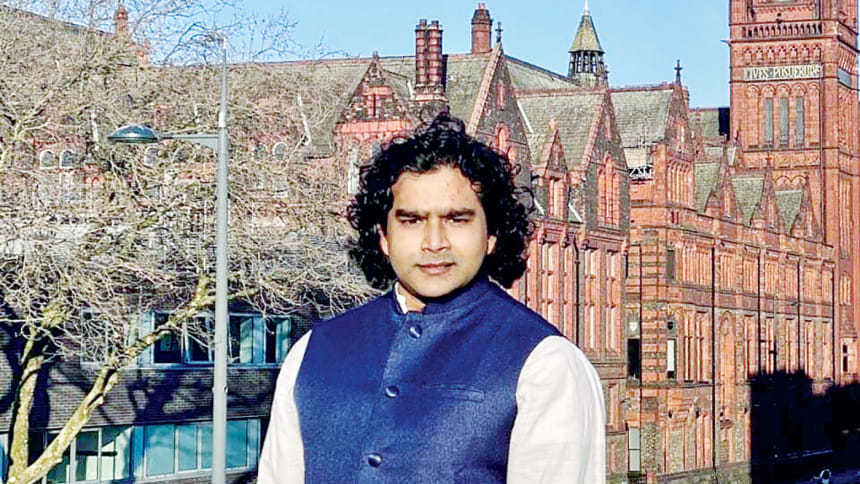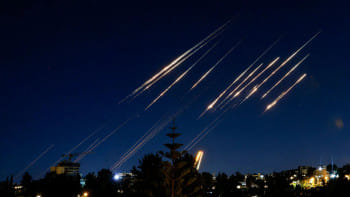Striving for safer flying experiences

Mushfiqul Alam, a senior research associate at the University of Liverpool, UK, was fascinated by aero planes from a young age. He is the winner of the 2020 Royal Aeronautical Society Herbert Le Sueur Award, in recognition of his research into novel systems to increase safety during helicopter autorotation. This award, given to a young person after anonymous nominations, is one of the most prestigious accomplishments in the global aerospace community.
After finishing his undergraduate studies in Aerospace Engineering at University of Liverpool, Mushfiqul completed with academic distinction the Erasmus Mundus double master's degree in "Joint European Master in Space Science and Technology", known as SpaceMaster, with a specialisation in Systems and Controls at the Lulea University of Technology in Sweden and Czech Technical University in Czech Republic. His master's studies were fully funded through the Erasmus Mundus Fellowship awarded by Executive Agency Education, Audiovisual and Culture, EU Commission.
Mushfiqul completed his PhD at Czech Technical University on Flight Dynamics and Control, Signal Processing. "I designed several algorithms during my time at the university, and many of them are implemented in different vehicles," he added. He was awarded as the Best Doctoral Researcher from the Department of Measurement, Faculty of Electrical Engineering, Czech Technical University, in 2015.
Currently, he is a part of the Flight Science and Technology research group in the Department of Mechanical, Materials and Aerospace Engineering, University of Liverpool. His work focuses on human and machine interaction to help helicopter pilots to conduct autorotation maneuvers in times of emergency landing.
During his summer holidays, Mushfiqul usually teaches at MIST, in Dhaka. "Our government has taken several initiatives to increase further education and research opportunities in aeronautics and aerospace engineering. I would like to come back home and be a part of that vision," shares a hopeful Mushfiqul.
He added that one of the biggest problems in publishing research in Bangladesh is reproducibility. "Publications are important, but there is no point to research on engineering, if it is not reproducible and implementable," he says.
Mushfiqul feels that with more social awareness and opportunities, aerospace engineering has a lot of potential in Bangladesh. "If this subject is your passion, find where you belong. Aerospace engineering has multiple areas of focus. You need to find where you fit in the big puzzle," he adds, as an advice to those who dream of pursuing a career in this field.
The author is a freelance journalist, and a night owl who likes binge-watching, reading, and writing. Write to her at [email protected].

 For all latest news, follow The Daily Star's Google News channel.
For all latest news, follow The Daily Star's Google News channel. 



Comments